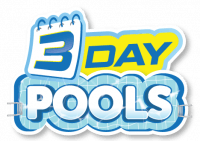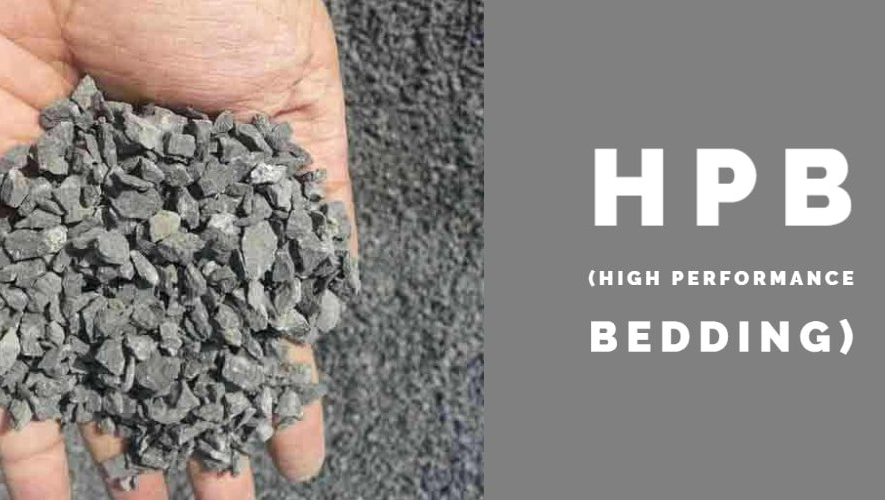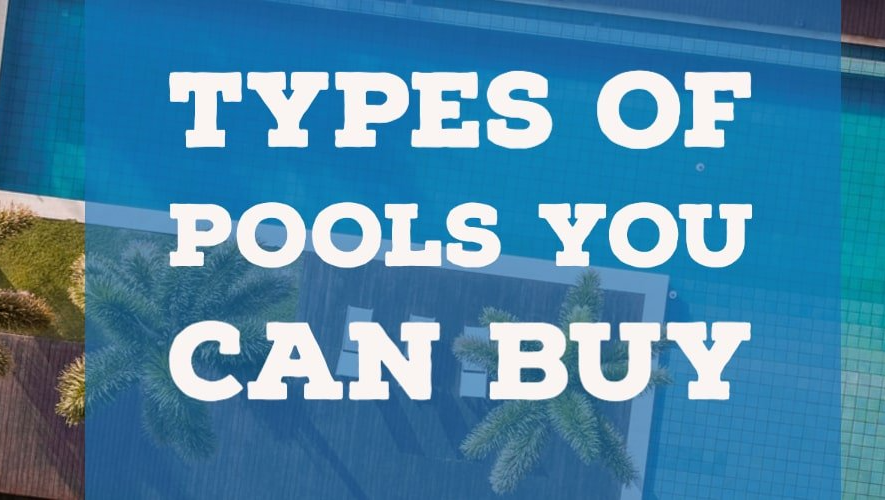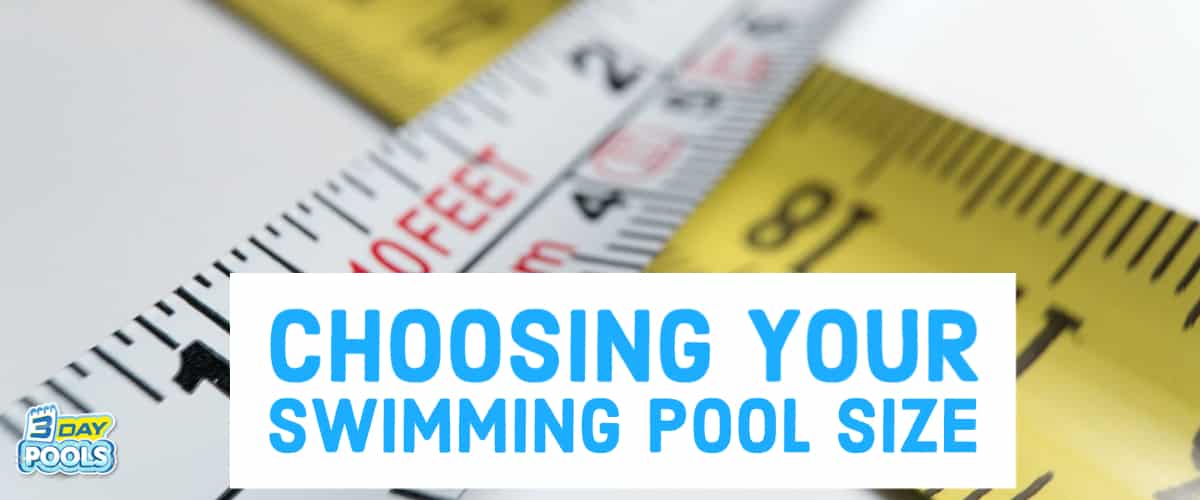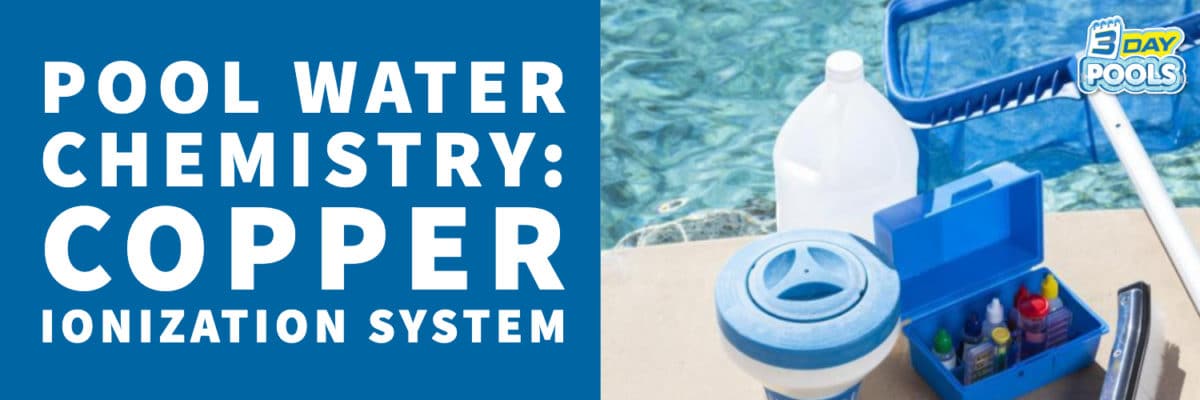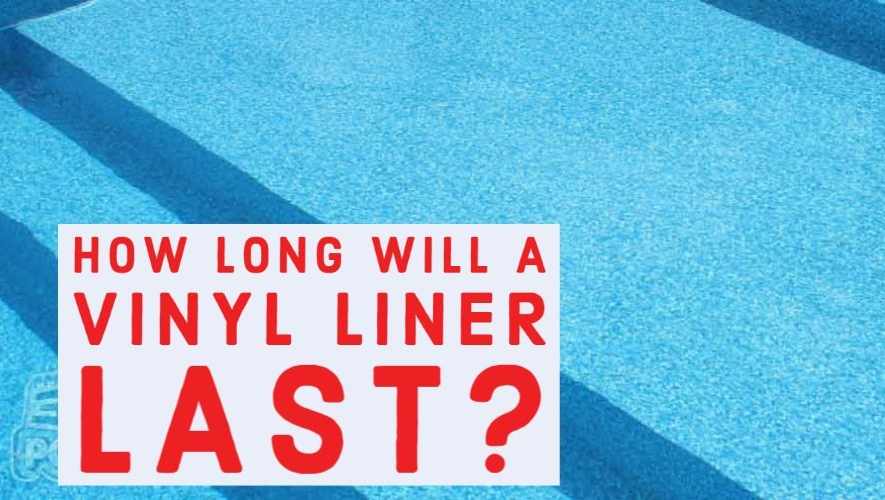416-268-4493
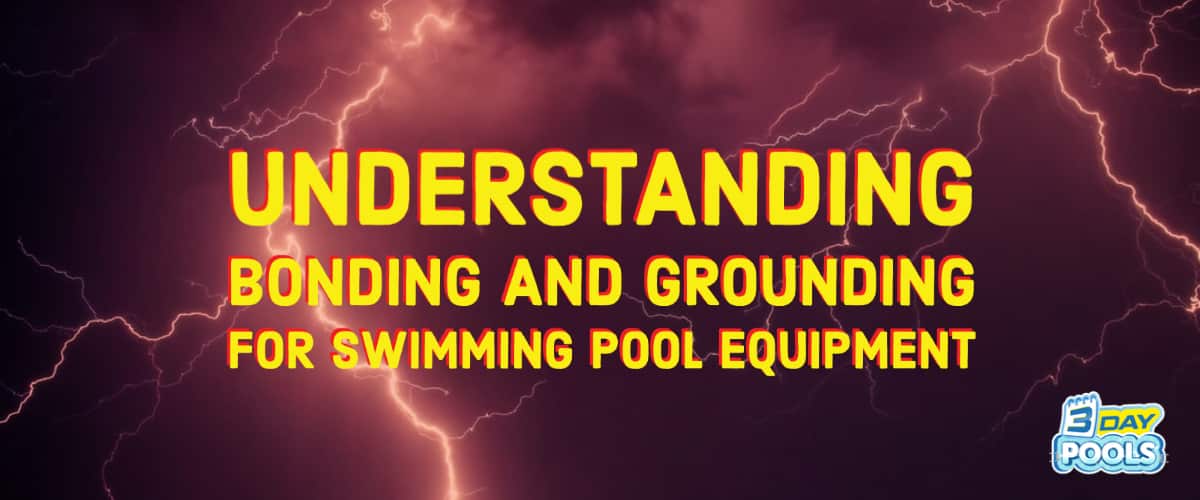
Copper BONDING VS GROUNDING FOR SWIMMING POOLS
As a pool owner, it’s necessary to ensure the safety of your pool by properly grounding and bonding your pool equipment. However, many owners are confused by this aspect of pool construction.
Below, we’ll cover why correctly bonding and grounding pool equipment is so important.
What Is Bonding and Grounding?
Swimming pools require electricity to operate. This includes pumps, lights, automatic pool covers, some cleaning equipment, and other features. Electrical safety is always important when water is involved.
Bonding and grounding are absolutely essential for pool safety. Without proper bonding and grounding, anyone using the pool or equipment is at risk of electric shock.
While bonding and grounding are often considered the same thing, they’re two totally different processes.
What Is Grounding?
Pool owners should be familiar with the essentials of electricity.
Electrical current consists of electrons, which have a negative charge. This charge flows toward material with a neutral or positive charge. This is the flow of electricity that provides power to lights, vacuums, pumps, and other equipment.
In standard electrical wiring, one wire is charged (or “hot”) and the other is neutral. This difference in charge provides power to equipment. Generally, the quickest way for electrons to flow is to follow the electrical circuit from the charged wire to the neutral wire.
However, in the case of a broken or frayed wire or equipment malfunctions, this creates a short circuit or fault that directs the flow of electricity down the wrong path. This happens because the electric current searches for the path of least resistance toward a positive charge. When shorts occur, this path could be through wood framing, a piece of bare metal, or someone touching a piece of equipment.
Grounding resolves this issue by providing electricity a low-resistance path, like a piece of bare copper wire, leading directly into the ground. This way, the electricity dissipates and prevents electrical shocks.
How Do You Ground Pool Equipment?
Typically, electricians ground pool equipment by attaching a ground wire to the electrical panel supplying power to your pool systems. However, depending on your configuration, your pool grounding can be tied into your main electrical panel to rely on the grounding there.
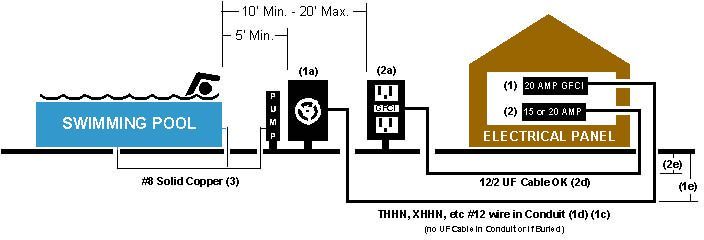
You can also ground pool equipment with GFCI (Ground Fault Circuit Interrupter) outlets. These outlets monitor when your electrical equipment draws too much power, such as during a short or fault, and interrupt the circuit. The outlets cut power to the shorting device and provide a safe ground path for the electricity.
Bonding Pool Equipment
What Is Bonding?
Bonding isn’t typically done as often as grounding as it’s mostly done around water features like pools and hot tubs. A properly bonded pool is important to ensure the safety of anyone using the pool.
Bonding is also known as equipotential bonding because the goal of this process is to equalize the potential differences in voltage between different parts of your pool equipment. When you properly bound your pool equipment, you greatly reduce the risk of electrical shocks.
Bonding is important because even if electrical equipment is grounded, it can still accumulate charge over time. For example, a pool motor connected to a power line can slowly accumulate a higher charge than other pieces of metal in the vicinity. If you touch both the motor and another surface with a lower charge, the electricity will flow through you in search of the ground. This difference in charge is called an electrical potential.
Steel Vinyl Pools & Fiberglass Pools must be properly bonded. Fiberglass pools require a concrete bond beam or a concrete collar that should have rebar for extra strength and structural stability, well that rebar should be bonded.
This is essentially the same concept as the static shock you get from touching a doorknob. It’s the same when you rub your feet on the carpet—you build up negative charge on your skin and clothes. When you touch a doorknob or another piece of metal, the charge jumps off from you into the air. With pool equipment, the charge can also jump through water or people as it searches for the ground.
How Do You Bond Pool Equipment?
Bonding works by connecting your pool equipment together so they have uniform electrical potential. When your equipment carries the same charge, this keeps electricity from jumping from one piece to another because the resistance on both sides is uniform. This equalization allows you to use your pool equipment safety and avoid electric shocks.

Electricians bond pool equipment by connecting it with conductive wire, or bonding wire, in the case of pools. Below is a partial list of what needs to be included in your pool’s bonding grid:
- All metal pool shell parts
- All pool lighting shells and brackets
- All metal fittings attached to pool structure
- All electric pump motors and fittings
- All metal piping or sheathing within 5 feet of pool
- All handrails or other exposed metal near the pool
- Pool water, which is done by adding a ladder to the pool and bonding it to your bonding grid
- Chain link fence that is closer than 3M from waters edge
Can I Ground and Bond My Pool?
If you’ve upgraded features on your pool like a new handrail or pump, don’t be tempted to try and save money and time by grounding and bonding yourself. It’s never recommended for numerous reasons.
Attempting to install ground wires or bonding grid around swimming pools can be dangerous if you don’t have experience working with electricity. If you don’t do it correctly, you’re also putting anyone else using your pool at risk.
Also, most areas require bonding and grounding to be done by a licensed electrician or to have the work checked once completed. If an inspector learns that you did the work yourself, you could incur code violations or fines and obliged to have the work done again in compliance with local and national electrical code. Save yourself the headache and have an experienced electrician do the work correctly.
OUR RELATED SWIMMING POOL TOPICS
Pool & landscape products specifications are believed to be accurate at the time of original publication.
Viewers should verify specifications & installation requirements with the installing dealer or manufacture’s manual rather than relying on information on this website, which is not intended to be a final specification.
